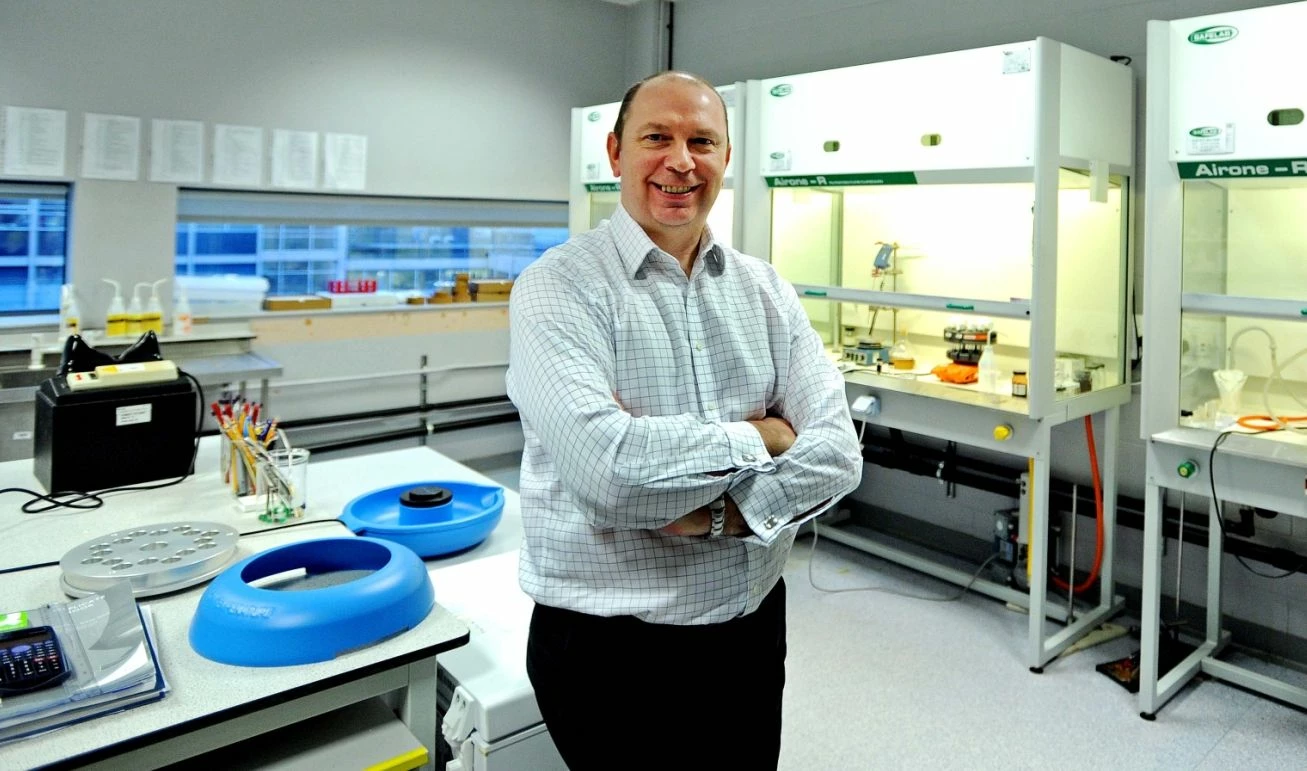
Partner Article
Cheshire science summit to tackle 'antibiotic apocalypse'
The UK’s Chief Medical Officer Dame Sally Davies is to be the keynote speaker at a flagship conference focused on the global threat to public health posed by antibiotic resistance.
The event, BioInfect 2013, takes places at Astra Zeneca’s Alderley Park conference centre in Cheshire on November 26th and will feature contributions from policy makers, public health experts, academics and senior executives from the pharmaceutical and agricultural industries.
Dame Sally Davies has likened the threat posed by antibiotic resistance to that of international terrorism, echoing concerns from the World Health Organisation and other authorities about its potentially disastrous economic, social and political ramifications.
Hosted by the industry group Bionow, BioInfect 2013 is supported by Astra Zeneca, BioHub, Redx Pharma, and Healthtech & Medicines KTN and will contribute to setting the international agenda regarding a new global health architecture, with new laws, regulations, governance mechanisms, and tools to get the issue under control.
Chief Medical Officer, Professor Dame Sally Davies said: “The soaring number of antibiotic-resistant infections poses such a great threat to society that in 20 years’ time we could be taken back to a 19th century environment where everyday infections kill us as a result of routine operations. “My call to action has definitely struck a chord with the public, scientists and politicians. But we can’t tackle the problem on our own and urgently need coordinated international action. That’s why I am pressing for it to be much higher up the global political agenda through the EU, WHO, Commonwealth, G8 and UN. “It will take time, but with so many industries and organisations involved I think we have to get an international agreement bringing them together under a ‘one-health’ agenda. Our proposals are far-reaching, including stimulating development of new drugs through some sort of public-private partnership, cutting down the antibiotics given to farm animals and used in medical practice, making infection surveillance go across borders, and getting countries to sign up to their own surveillance and education programmes.”
Dr Geoff Davison, CEO of Bionow, said: “There is no doubt that the ability of bacteria to adapt to and outsmart existing medicines could is already having serious public health consequences. And yet there’s an equally strong consensus that the public health response globally is at best disjointed and inadequate. A number of issues greatly exacerbate the problem, not least over-prescribing of antibiotics in human and animal health. It’s also evident that the commercial model for antibiotic development needs rethinking. If you are a drug company, it can make a lot of sense to focus your research efforts elsewhere.”
Redx Pharma CEO, Dr Neil Murray, the largest UK biotech working on the development of new antibiotics, commented: “The discovery of antibiotics revolutionised medicine but the growing threat of resistance to these drugs means that there is now a lot of work being down to get the issue on the UK National Risk Register, alongside climate change and terrorism.
“Where we stand today antibiotics need to be regarded as a precious and common pool resource, akin to fisheries or any other exhaustible resource. We are at the tipping point where some 70 per cent of known bacteria have developed resistance to one or more antibiotics. In the EU alone, some 25,000 people die each year as a result of a serious drug resistant infection – mostly acquired in healthcare settings.
“Most of the antibiotics we have now were discovered before the 1970s and over the past three decades only two new classes of antibiotics have become available. What’s required now is a global collaborative effort across all fronts to avert this potential public health disaster
This was posted in Bdaily's Members' News section by Simon Malia .








 Putting in the groundwork to boost skills
Putting in the groundwork to boost skills
 £100,000 milestone drives forward STEM work
£100,000 milestone drives forward STEM work
 Restoring confidence for the economic road ahead
Restoring confidence for the economic road ahead
 Ready to scale? Buy-and-build offers opportunity
Ready to scale? Buy-and-build offers opportunity
 When will our regional economy grow?
When will our regional economy grow?
 Creating a thriving North East construction sector
Creating a thriving North East construction sector
 Why investors are still backing the North East
Why investors are still backing the North East
 Time to stop risking Britain’s family businesses
Time to stop risking Britain’s family businesses
 A year of growth, collaboration and impact
A year of growth, collaboration and impact
 2000 reasons for North East business positivity
2000 reasons for North East business positivity
 How to make your growth strategy deliver in 2026
How to make your growth strategy deliver in 2026
 Powering a new wave of regional screen indies
Powering a new wave of regional screen indies